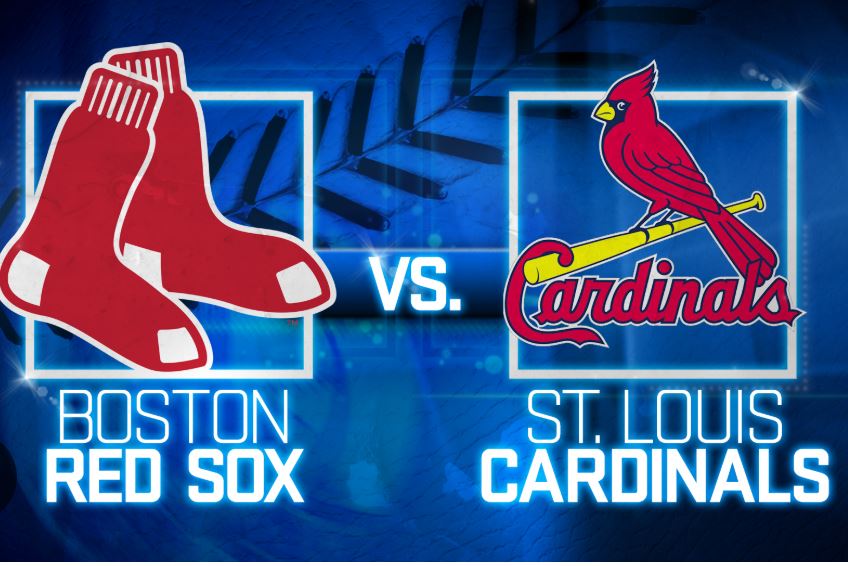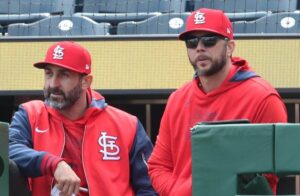
Jordan Hicks was traded from the San Francisco Giants to the Boston Red Sox in exchange for Rafael Devers. Red Sox supporters had great expectations for the right-hander as a reliever, but Hicks’ career as a starter in San Francisco didn’t pan out. He produced a one-two-three inning in his first appearance in Boston, which was a triumph. However, his second appearance left much to be desired and taught Red Sox supporters a lesson that St. Louis Cardinals fans are all too familiar with.
Hicks possesses the skills necessary to be among the game’s top relievers. He possesses a nasty sweeper and a sinker that can reach speeds of over 97 mph on average. To be absolutely honest, his stuff is lot more hittable than you might think from seeing him, and he’s never fully lived up to his promise on the bump.
The stuff being hittable leads sometimes to outings like the one we saw on Wednesday.
Red Sox fans must temper expectations for Jordan Hicks
He wasn’t helped by Boston’s defense, but Hicks wasn’t particularly strong on Wednesday either. The right-hander gave up three hits and three runs (one earned). He recorded just two outs, issued a walk, and did not strike out anyone.
Once more, he pitched into some terrible luck, but when you don’t miss bats, that’s inevitable. Hicks’ sinker averaged above 99 mph, but he didn’t produce a whiff with that pitch. He did get two whiffs on his sweeper, but it’s alarming that his go-to pitch isn’t producing any. In the end, this has been his career’s narrative.
Considering his stuff, Hicks’ lifetime strikeout rate of 22.7 is respectable but by no means spectacular. Hicks also has a lifetime walk rate of 11.5 percent, which is much higher than the league average. Even when a lot of contact is on the ground, a pitcher with poor command who also permits a fair amount of contact is frequently not particularly effective.
Although Hicks is doing well, there is a reason why he has never saved more than 14 games in a season, and it has nothing to do with his terrible injury luck. Cardinals supporters witnessed Hicks’ inconsistency throughout his time in St. Louis. There were periods of domination, but there were also many difficult times.

Hicks is ultimately a decent roster reliever, but he is by no means the answer. He should only be seen as a respectable arm since his tendency to let baserunners get ahead of him will always prevent him from becoming a lights-out option late in games.







